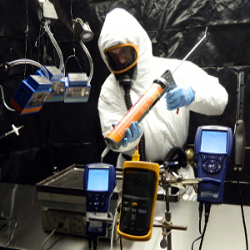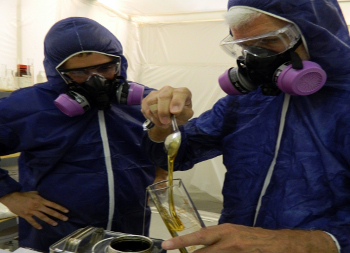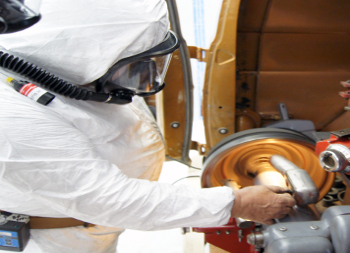RHP Risk Management’s scientists are well versed in exposure modeling, laboratory and field-based quantification exposures, and toxicology and use a combination of these expertise to assess potential risks to human health and the environment. RHP collaborates with chemical manufacturers, product manufacturers, consumer good, pharmaceutical, and legal entities to help gain a better understanding of risk profiles of chemicals, identify safer and sustainable alternatives, bolster decision making via use of robust scientific methods, and formulate economically and technically feasible risk management measures.
RHP scientists rely on scientifically accepted and recognized approaches in toxicology, exposure modeling and quantification, dose response, benchmark dose modeling, and physiologically based pharmacokinetic modeling to address questions regarding risk profiles of chemicals, identifying safer & sustainable alternatives, enhancing the understanding of risk that leads to better decision making, and implementing risk management measures to effectively and efficiently reduce exposures for workers and consumers.
Air Toxics for Community Impacts and Occupational Health & Safety
The air quality experts at RHP couple field and lab exposure monitoring and modeling of indoor and outdoor air pollutants with toxics to develop site specific risk assessments.
RHP scientists conduct in-depth analyses of existing and proposed chemical formulations to assist with the systematic and pragmatic design of sustainable chemistry dependent products.
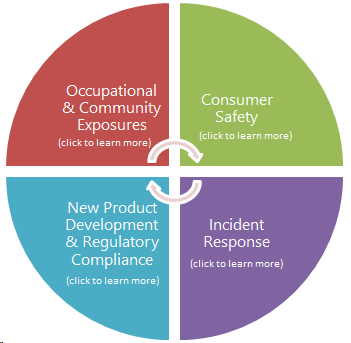
Consumer and Product Safety: Exposure Modeling and Quantification
RHP’s scientists review existing and potentially suitable chemistries with the intent to reduce impacts on human health and the environment through careful exposure and hazard assessment, and substitution feasibility analysis.
Incident Response: Exposure Modeling and Dose Response
RHP’s dose response and historic exposure dose reconstruction studies include development of mathematical models which characterize human inhalation exposures; simulation of historic product use and extrapolation of measurements in scenarios not readily measurable, and evaluation of historical workplace, personnel, and regulatory agency records.
RHP’s state-of-the-art Exposure Sciences Laboratory (ESL) provides clients with a better understanding of potential exposures and risks to human health and the environment by utilizing industry standard and regulatory accepted methods. ESL offers clients exclusive opportunities to develop scientifically accepted and recognized approaches in exposure sciences and toxicology that will provide them with an understanding of exposure and risk based on sound, defensible, science. RHP professionals have extensive experience in resolving uncertainty and improving decision-making through development of experimentally derived data, which is relevant, reliable, and reproducible. By engaging stakeholders during the problem formulation stage, RHP ensures that assessments are tailored to meet the intended purpose.
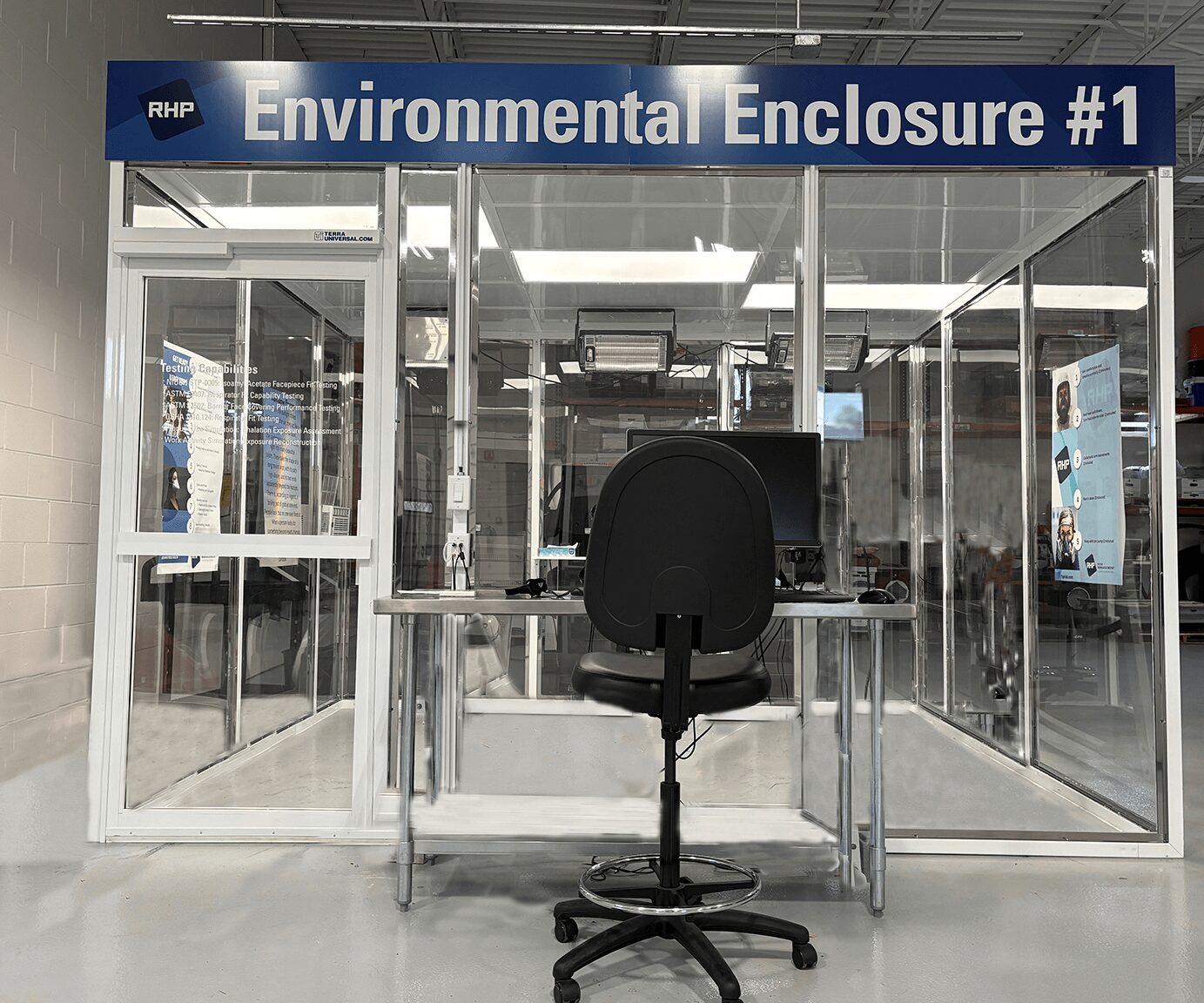
Dr. Ashish Jachak has over 15 years of experience in exposure science, risk assessment and management, consumer and product safety, and aerosol science. He has extensive experience in leading and managing cross functional teams using the risk management framework to guide and optimize product development for consumer goods from research and development to scale up, registration, and manufacturing. Dr. Jachak has assessed the application feasibility of exposure and toxicology models to solve complex problems in risk sciences and provide sound, unbiased, reliable and defensible solutions.

